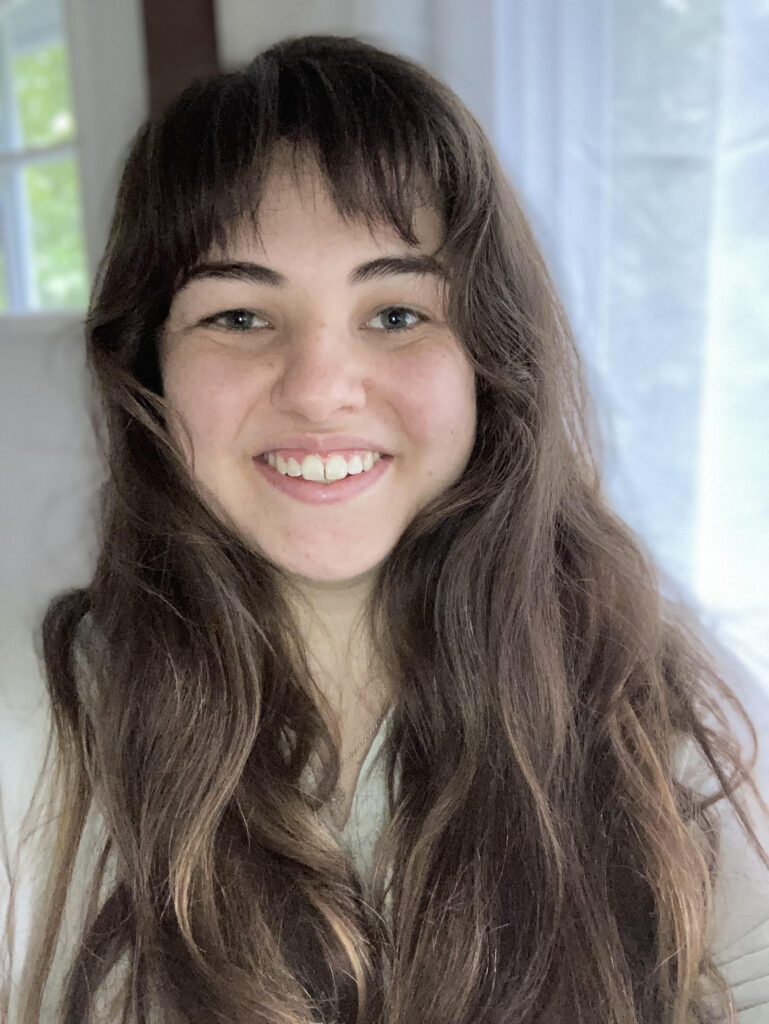This month, we welcome Alli Lindquist to the CSCCE team as our new Teaching and Project Assistant! Alli will be joining the CSCCE training team, and will be taking over much of Maya’s work as she prepares to head to grad school this fall.
In this blog post, we share a little more about Alli’s background and her new role here at CSCCE, and also how her work fits into our evolving team (for more on some of our recent staff transitions, please revisit last month’s blog post on the topic).
About Alli

With a background in neuroscience and biology, Alli has spent time researching Parkinson’s disease and working on developing cutting edge microscopy tools. She holds a masters degree in biology from Carnegie Mellon University, and has worked as a course developer and teaching assistant, lab manager, and research technician. Most recently, Alli served as a senior editor for Knowing Neurons, a neuroscience education and outreach website. We’re thrilled that Alli is bringing this combination of training and communications expertise to the team at CSCCE!